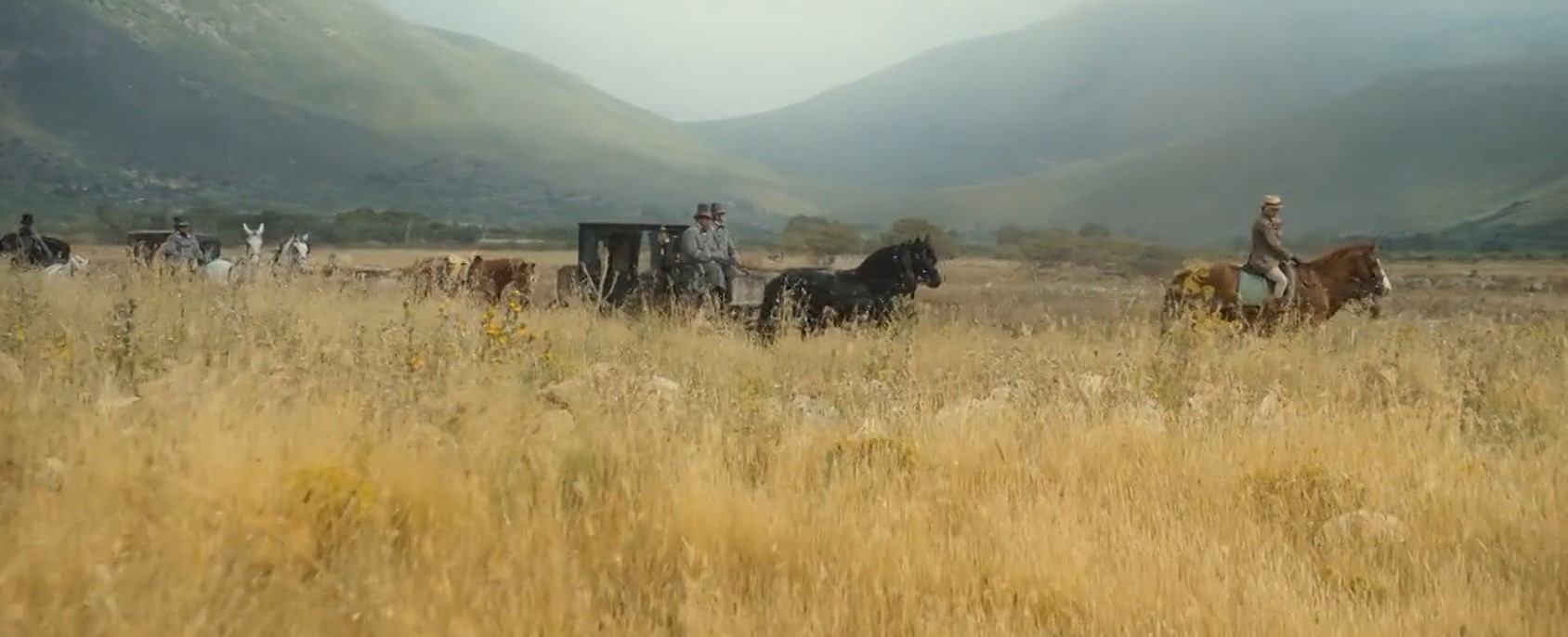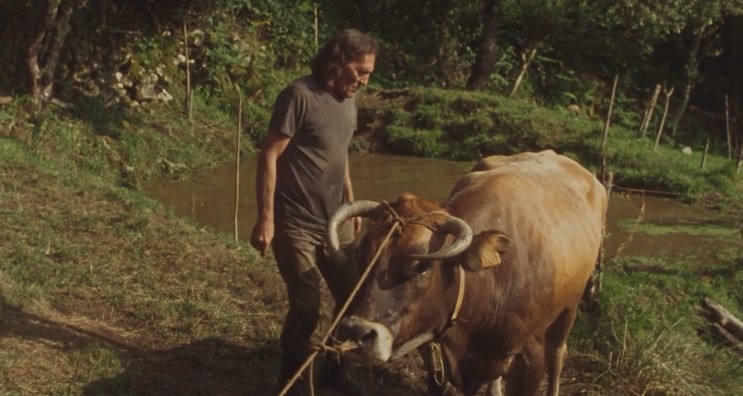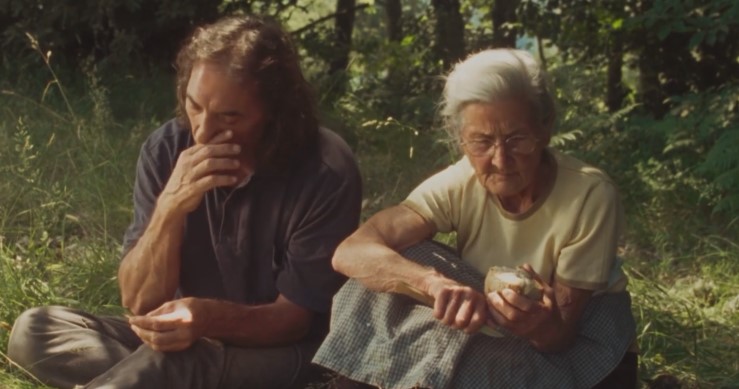“Il Gattopardo”, the novel by Giuseppe Tomasi di Lampedusa, is today considered the best-selling book in the history of Italian literature, translated into more than 40 languages and sold in millions of copies worldwide. However, its path to readers was far from easy. The manuscript was initially rejected by several prestigious Italian publishers, including Mondadori and Einaudi, on the grounds that it was too conventional, nostalgic, and politically inappropriate in the context of the Italian intellectual climate at the time. Only after the author’s death in 1957, thanks to the intervention of literary critic Giorgio Bassani, was the novel accepted and published in 1958 by the publishing house Feltrinelli. Upon release, it became an immediate success with readers and soon after with critics, winning the Strega Prize in 1959. Today, it is considered one of the most important and influential novels of the 20th century, frequently studied in academic fields such as history, literature, and political theory. A few years later, in 1963, a film adaptation of the same name was directed by Luchino Visconti. The leading roles were played by Burt Lancaster as Prince Salina, Alain Delon as Tancredi, and Claudia Cardinale as Angelica.
When I first started watching the series, I honestly thought “Il Gattopardo” referred to a cheetah — it sounded exotic, fast, predatory. But then I realized it was actually about a leopard, since the Italian word “gattopardo” refers to a mythical feline creature resembling a leopard, a symbol of fading aristocratic elegance and power. And for the record, cheetah in Italian is ghepardo.
“If we want things to stay as they are, things will have to change.”


